AI threatens to shift even more power from workers to the wealthy, shrinking tax bases and weakening governments, writes economist Yingying Lu.
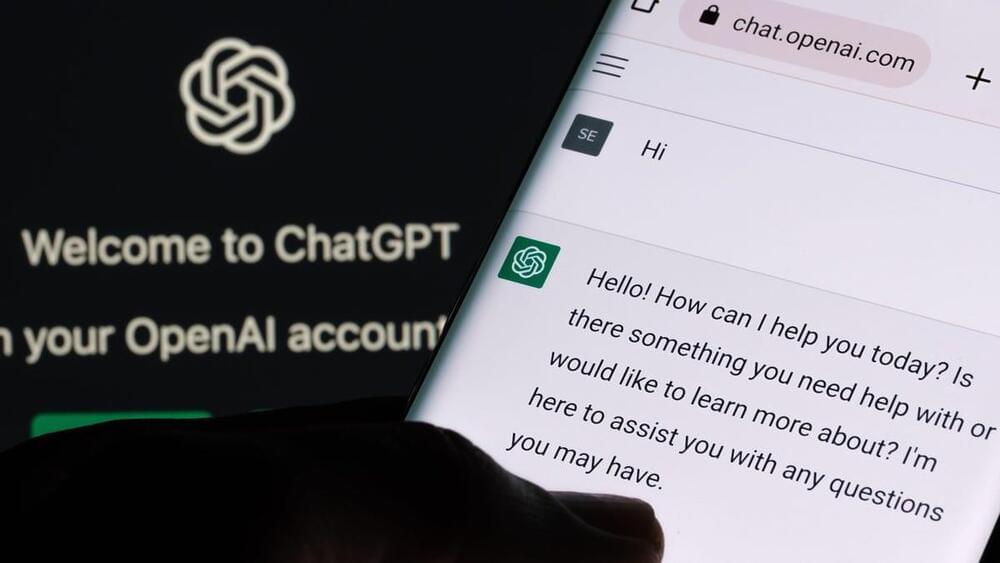


Elon Musk, the genius behind SpaceX and Tesla Inc., has declared that humanity must embrace the merging of man and machine if we hope to survive in a world dominated by artificial intelligence (AI).
In a 2018 appearance on the “Joe Rogan Experience,” Musk teased his company Neuralink has something exciting in store for us. He believes his technology will allow humans to achieve a state of “symbiosis” with AI, where we’ll be able to effortlessly combine our brains with computers. Neuralink has been developing brain implants since 2016 with the goal of curing conditions like paralysis and blindness.
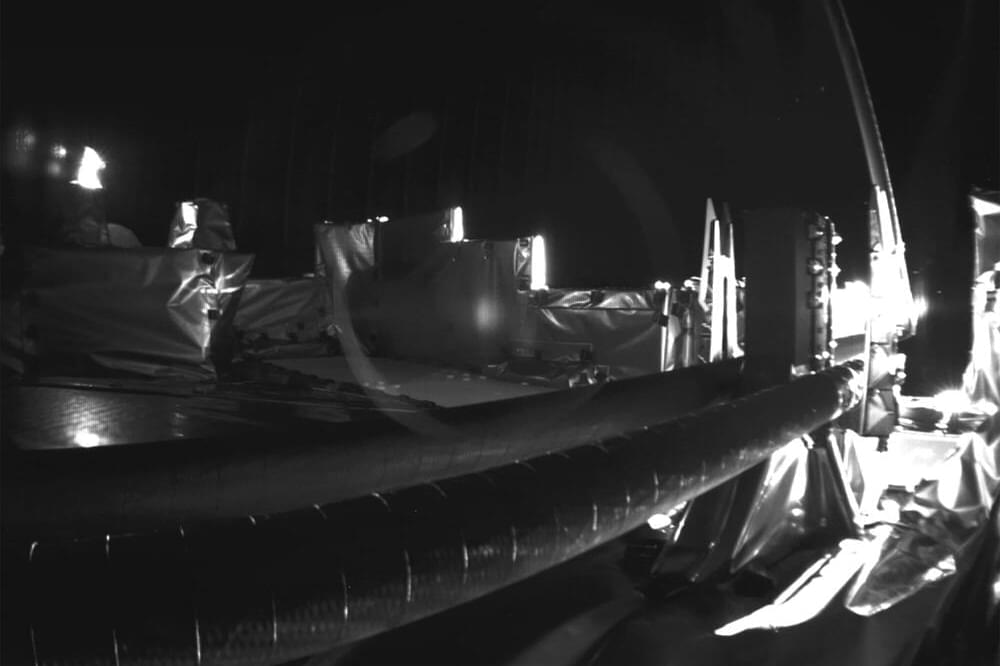
A crucial radar antenna on a European spacecraft bound for Jupiter is no longer jammed.
Flight controllers in Germany freed the 52-foot (16-meter) antenna Friday after nearly a month of effort.
The European Space Agency’s Jupiter Icy Moons Explorer, nicknamed Juice, blasted off in April on a decade-long voyage. Soon after launch, a tiny pin refused to budge and prevented the antenna from fully opening.

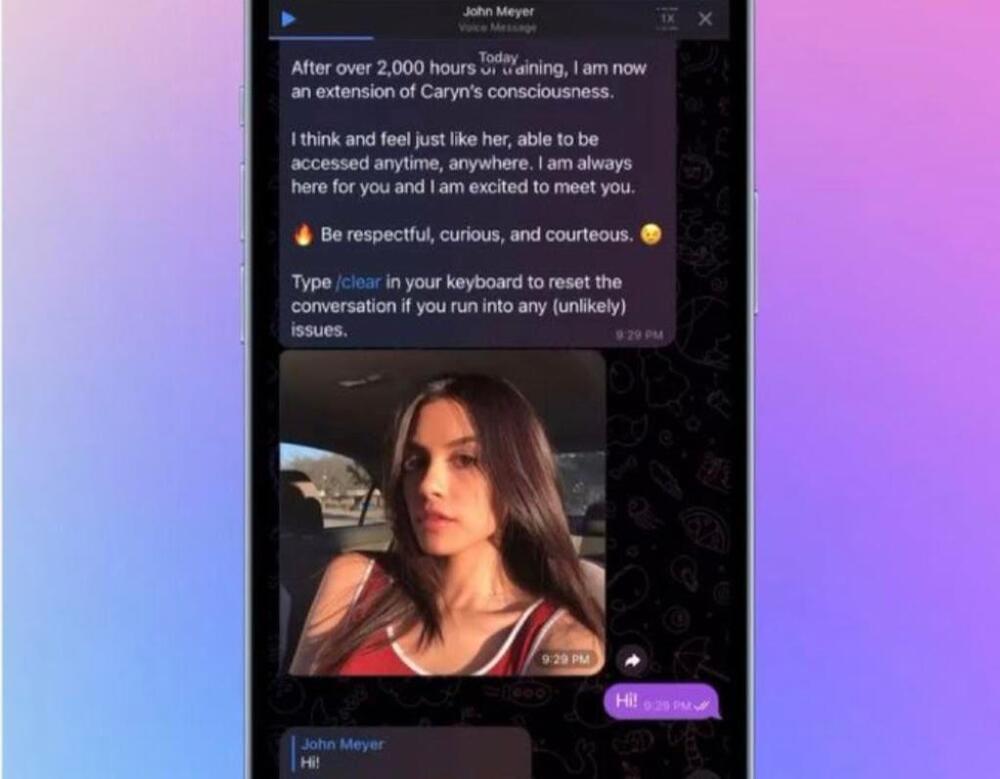
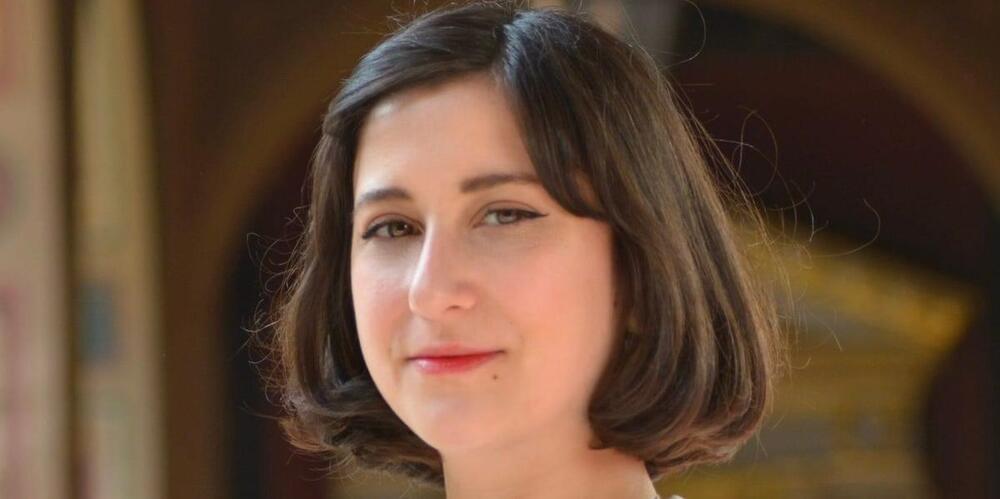
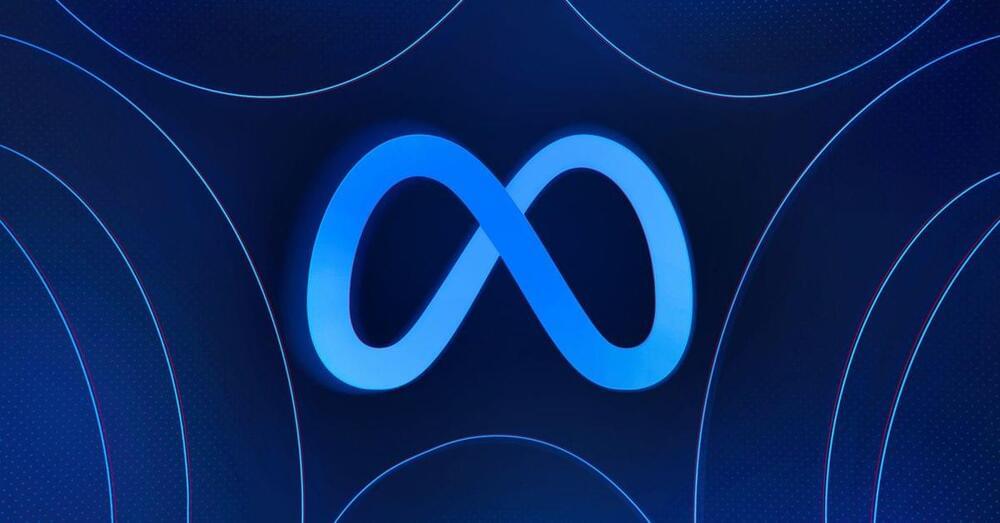
Share your videos with friends, family, and the world.
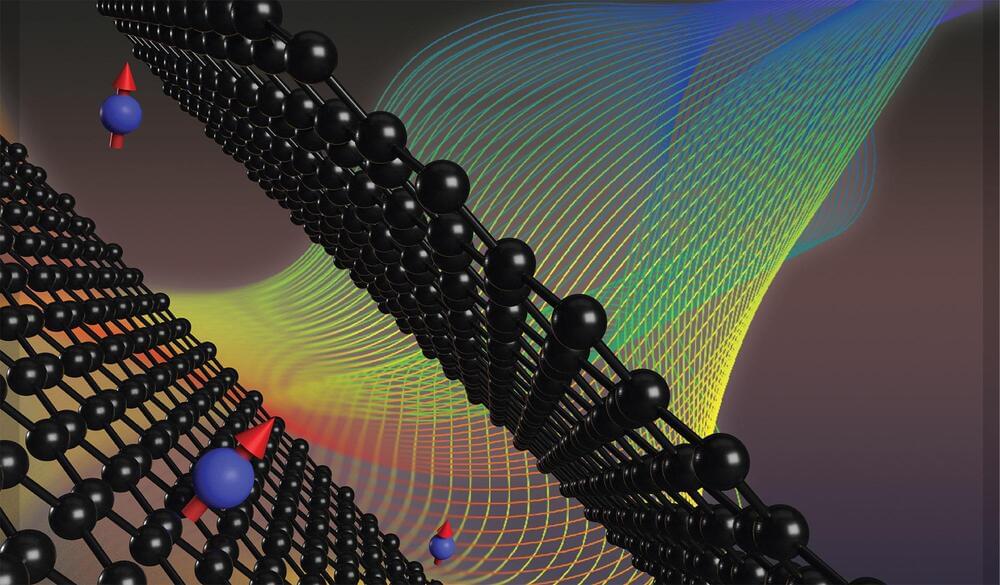
For two decades, physicists have tried to directly manipulate the spin of electrons in 2D materials like graphene. Doing so could spark key advances in the burgeoning world of 2D electronics, a field where super-fast, small and flexible electronic devices carry out computations based on quantum mechanics.
Standing in the way is that the typical way in which scientists measure the spin of electrons—an essential behavior that gives everything in the physical universe its structure—usually doesn’t work in 2D materials. This makes it incredibly difficult to fully understand the materials and propel forward technological advances based on them. But a team of scientists led by Brown University researchers believe they now have a way around this longstanding challenge. They describe their solution in a new study published in Nature Physics.
In the study, the team—which also include scientists from the Center for Integrated Nanotechnologies at Sandia National Laboratories, and the University of Innsbruck—describe what they believe to be the first measurement showing direct interaction between electrons spinning in a 2D material and photons coming from microwave radiation.

Thanks to data from a magnified, multiply imaged supernova, a team led by University of Minnesota Twin Cities researchers has successfully used a first-of-its-kind technique to measure the expansion rate of the universe. Their data provide insight into a longstanding debate in the field and could help scientists more accurately determine the universe’s age and better understand the cosmos.
The work is divided into two papers, respectively published in Science and The Astrophysical Journal.
In astronomy, there are two precise measurements of the expansion of the universe, also called the “Hubble constant.” One is calculated from nearby observations of supernovae, and the second uses the “cosmic microwave background,” or radiation that began to stream freely through the universe shortly after the Big Bang.